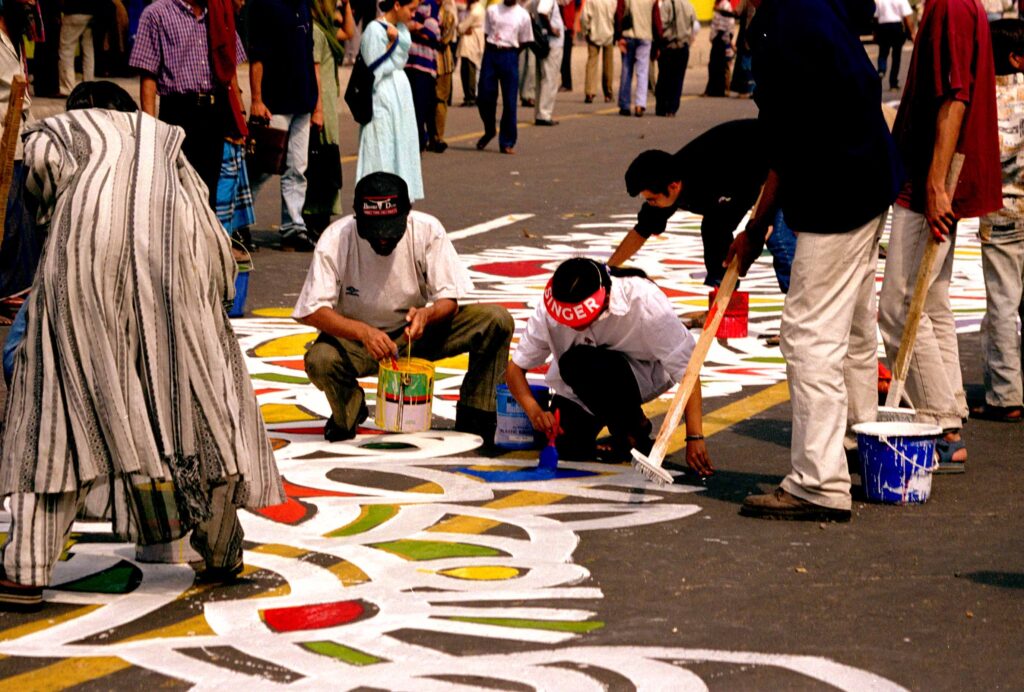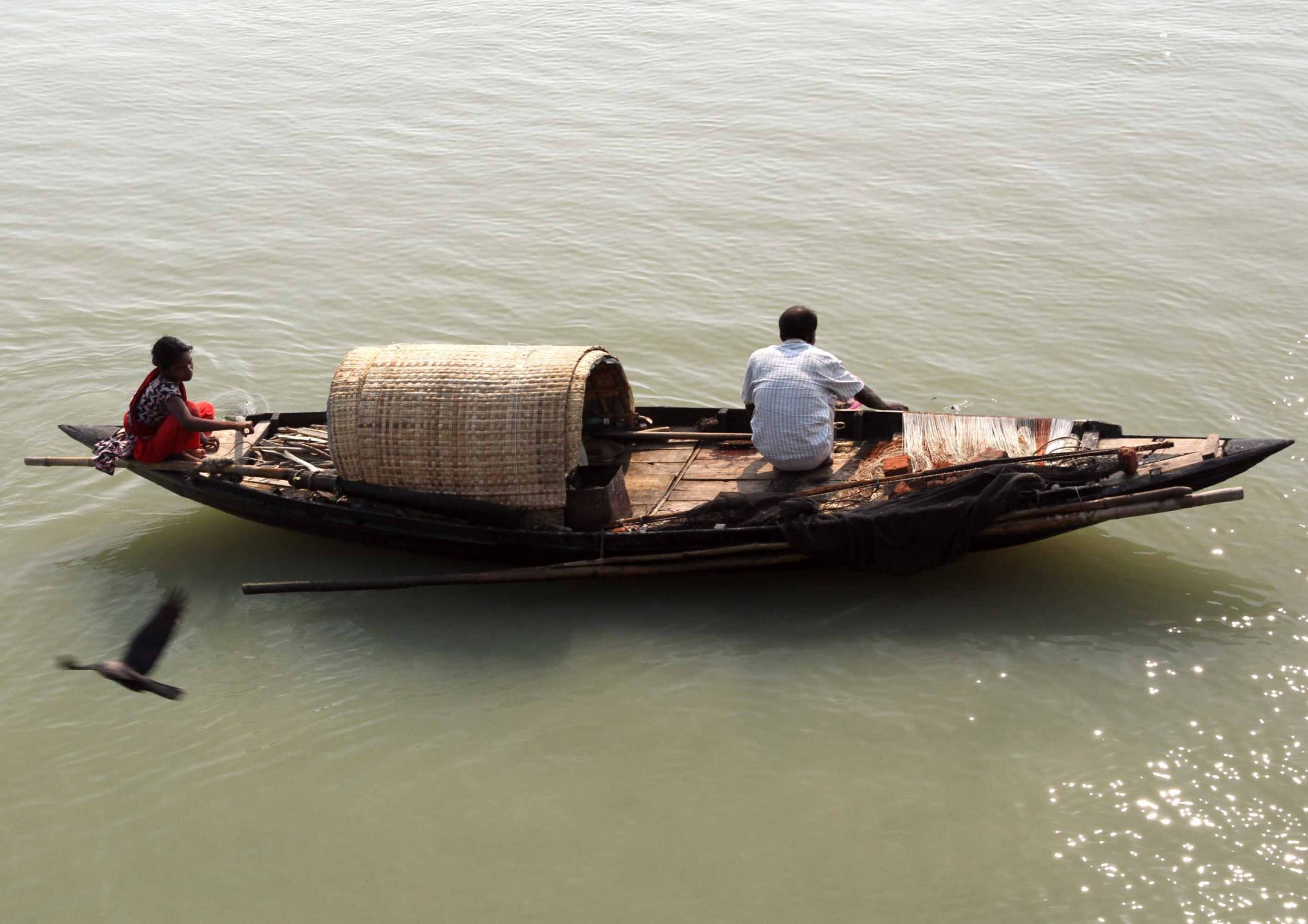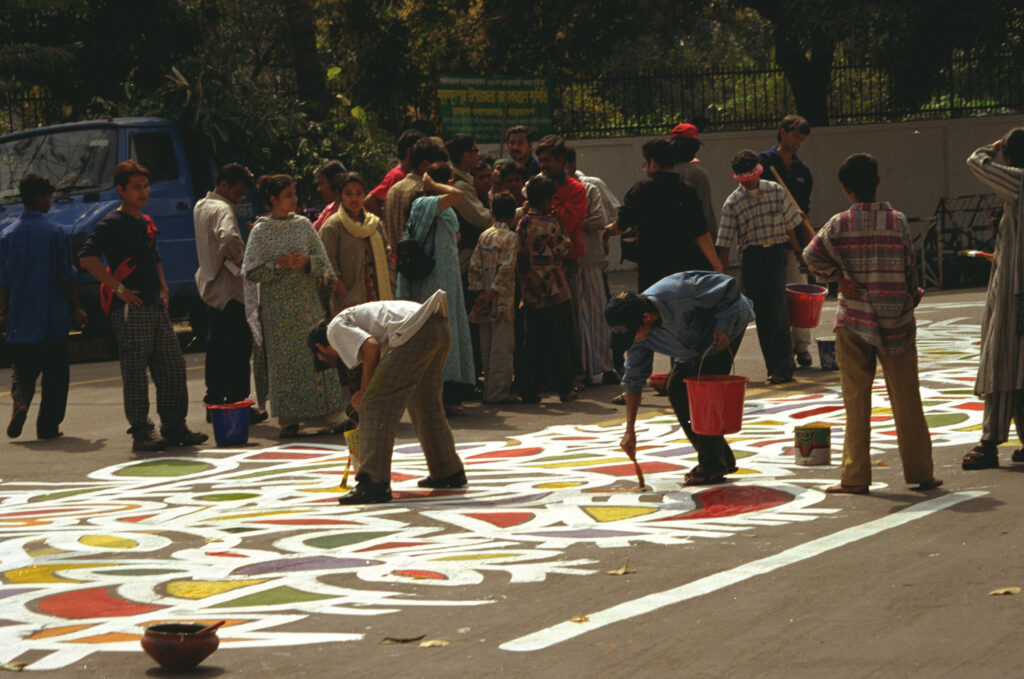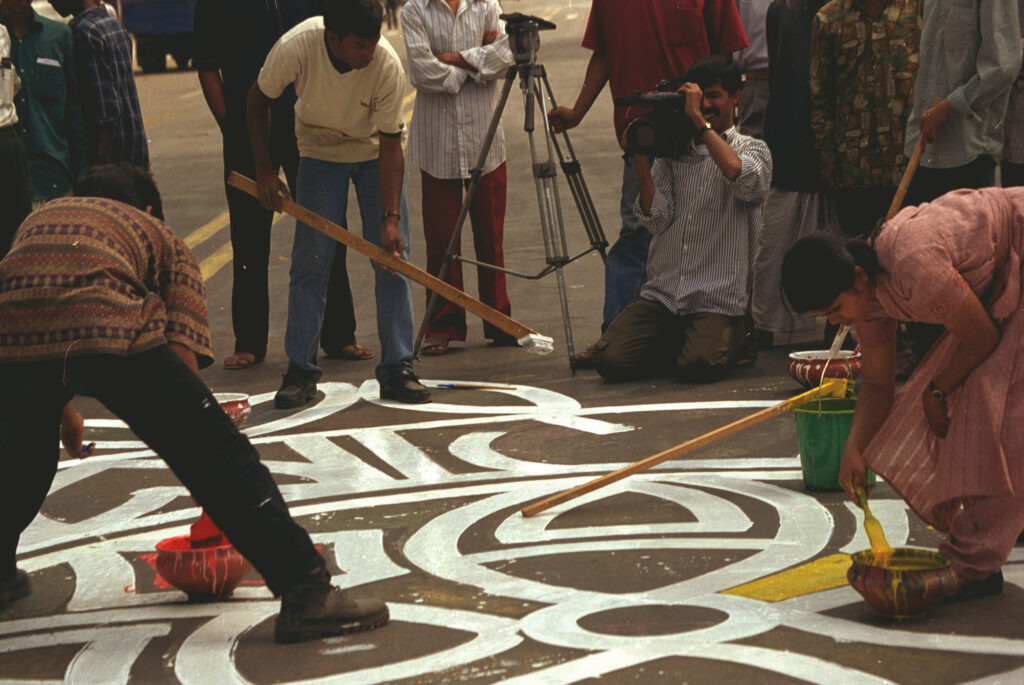
I love Bangla: my language, my mother tongue and the language of my motherland. But it’s not only the standardized Bangla that I love, which is erroneously called ‘Shuddo Bangla or correct Bangla’, but all the regional Bangla family language varieties. In fact, my heart and emotion respond more to my rural Bangla than the standardised version. I hope one day our standardised Bangla will evolve to include influences from our regional varieties rather than continue the path of what it sounds like today.
I also love the English language, which I am most fluent in at the moment. I am also beginning to love the Indonesian national language called ‘Bahasa Indonesia’, which I am currently learning. Through my interest and learning about languages, I have discovered for myself the wonderful experiences of excessing a new world through the language that people speak in that world. There is no other way to capture the magic of a language and what access you get to the world of a people other than learning and practising that language.
For me, all languages, regional, local, standadised, colloquial, etc. are precious. Although through the natural process of language developments many weaker versions get eliminated and crushed by stronger versions, linguistic fascism also tries to and often succeeds in crushing or destroying or damaging local varieties.
I hate linguistic nationalisms and linguistic fascism.
I hate nationalism, which includes all forms of nationalism – even the milder versions utilised in national liberation movements and believed to be something positive. This is because nationalism generalises and destroys, denigrates, excludes or delegitimises people’s multi-dimensional identities and cultural and linguistic experiences for certain narrow nationalistic, often fascistic, political purposes.
Nationalism often hijacks genuine feelings, grievances, historical understanding/misunderstanding and experiences of people and then creates false narratives to creatively link people’s genuine concerns with their political programmes, thus using the real sentiments of people, through the process of selective generalisation, to crush them or to crush a significant part of them.
I believe the Bengali nationalists have hijacked the Bengali language movement of the late 1940s and early 1950s after the creation of Pakistan in 1947 and tried to make it a nationalist thing. They have succeeded in this to a great extent, but their influence is now waning and diminishing because it’s impossible to achieve their Bengali Nationalists’ goals in Bangladesh. With the rise of education in Bangladesh people are becoming more knowledgeable and learning to redefine impositions imposed on them for a long time, including by Bengali nationalism.
In order to understand and appreciate the context and background to the Bengali language movements, it is essential to understand the history of language developments and certain controversies that the Indian subcontinent experienced from the early 19th Century, with the introduction of the English language, the efforts made to develop local languages based on English language and literature and the ideological forces that operated directly and directly to create the situations in which we found ourselves.
Urdu/Bangla controversy in Bengal was going on for a long time before Pakistan was created. How and why of that are not explored. Only Jinnah’s speech in 1948 at Dhaka University to make Urdu the only state language of Pakistan is sited and emotionally engaged with and mentioned as the source that triggered the language movement. I think, if we can develop a good understanding of how we came to that point, it would help us better appreciate the linguistic issues that the Indian subcontinent has been facing for a long time.
I would like to tell my Bangladeshi friends, colleagues and fellow country people, loving Bangla does not have to go hand in hand with hating Urdu.


